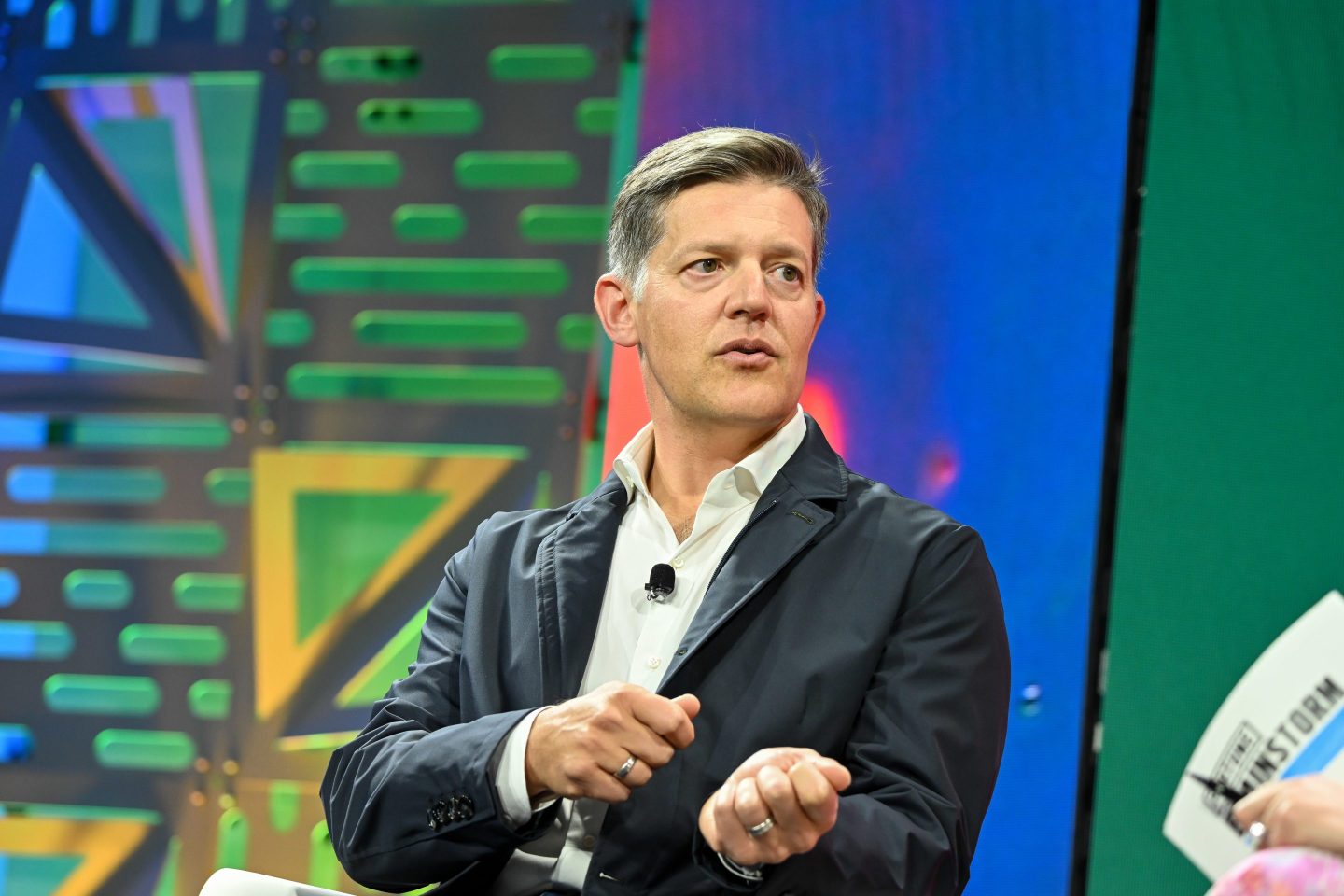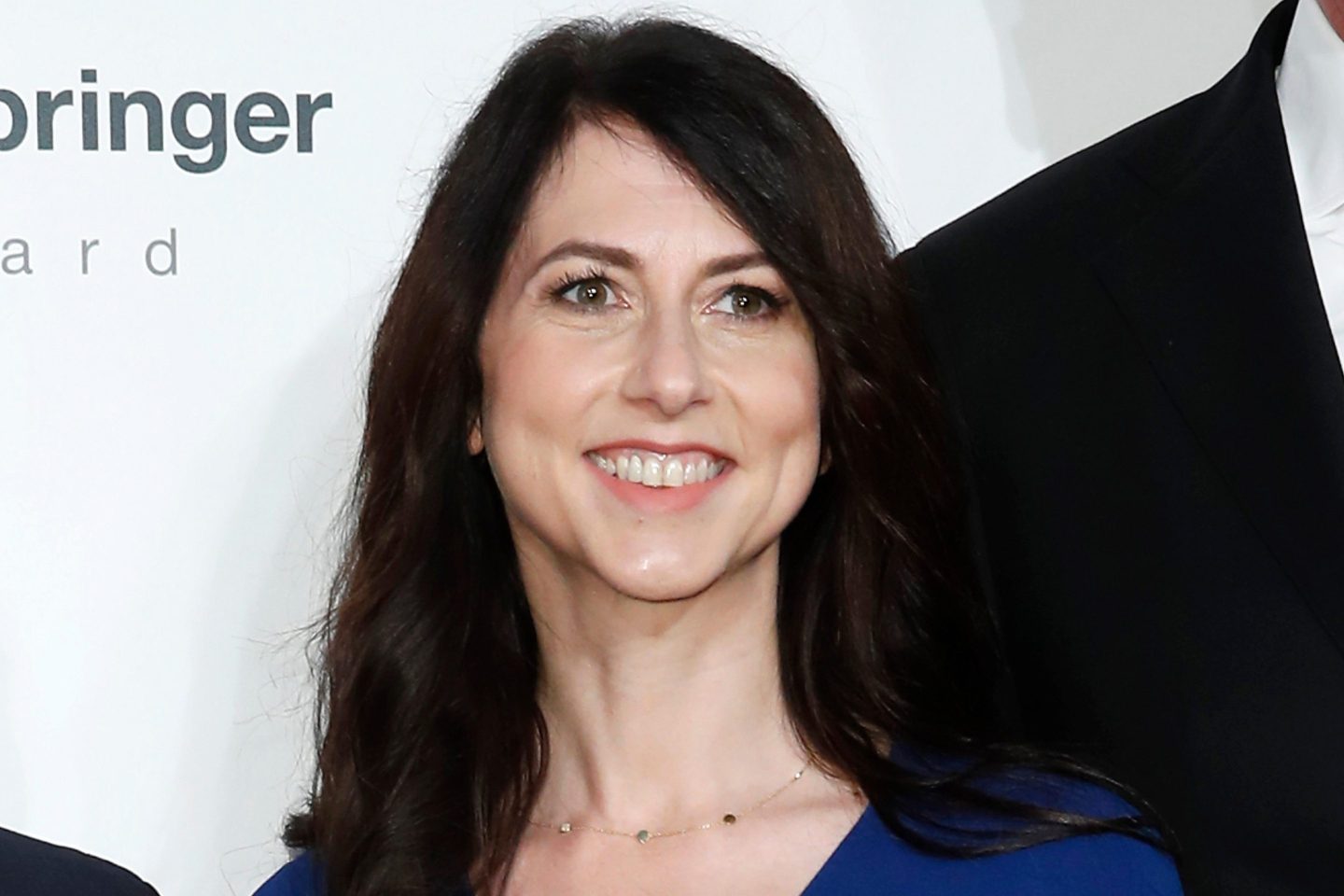After nearly a decade at the helm of Sequoia Capital, Roelof Botha will step aside as steward of the legendary Silicon Valley VC firm.
Botha—PayPal’s defining early CFO, who’s now known for backing companies like YouTube, Instagram, and Block—said Tuesday that he will pass the baton to Pat Grady and Alfred Lin.
“They have a fearlessness and resilience that’s necessary to win in this business,” Botha wrote in a letter that the firm posted on X. “They do not shy away from difficult conversations, and they roll up their sleeves to company-build—both with founders and within Sequoia.”
Botha, whom Fortune profiled last year, has presided over a tumultuous period in the history of Sequoia, which burst into the public eye most recently when the Financial Times reported that Sequoia COO Sumaiya Balbale had resigned owing to posts by Sequoia partner Shaun Maguire that she considered Islamophobic.
The firm—started in 1972 by Don Valentine, and a backer in the early days of companies like Atari and Apple—has experienced a number of big changes over recent years: In 2021, Sequoia restructured its U.S. and European funds into one evergreen fund, and two years later split off its China operations.
Botha, who was named Sequoia’s steward in 2017, said he will transition into a new role advising the partnership, while continuing to support Sequoia on the boards of startups he’s invested in. In making Lin and Grady co-stewards, Sequoia is returning to the successful formula last employed when partners Michael Moritz and Doug Leone served as co-stewards. (Sequoia’s steward is the firm’s key leadership role, and the firm has frequently been run by co-stewards throughout its history: Botha, for example, transitioned in after an era helmed by Leone, Jim Goetz, and Neil Shen.)
Lin—whose early career at Zappos and mathematical inclinations molded him into an early backer of companies like Airbnb and DoorDash—has been at Sequoia since 2010. Meanwhile, Grady has been at Sequoia since 2007 and made his name as a key investor in companies like Snowflake, Zoom, and Okta. Lin is also an investor in Kalshi, while Grady is a backer of OpenEvidence and Harvey.
The pair will face the immediate challenge of addressing the controversy over politics that has roiled the firm, at a time when many Silicon Valley venture firms are becoming increasingly outspoken on hot-button political and culture-war issues.
Sequoia has a longtime policy of “institutional neutrality,” while allowing partners the freedom to express their views individually. But that policy has been tested by Maguire’s comments, reportedly leading to discord within the firm.
At TechCrunch Disrupt last week, Botha declined to comment extensively on the controversy, but said of Maguire: “I think he has made it clear what he stands for, and there’s a particular set of founders for whom it is very appealing that he’s been as firm in his opinion. Does it come with tradeoffs? Yes, it does.”
Fortune asked a source close to the situation whether the decision was linked to the Maguire controversy, and the person emphasized that the transition is reflective of Grady and Lin’s readiness to take the helm—each has spent around a decade respectively leading Sequoia’s growth stage and early stage operations.
Sequoia is one of the most powerful venture firms in Silicon Valley, with $56 billion in assets under management and investments in startups including OpenAI, SpaceX, Stripe, Ramp, and Chainguard. Last week, the firm unveiled two new funds, a $200 million seed fund and a $750 million venture fund.
When reached for comment, Sequoia directed Fortune to its LP letter, and Grady and Lin’s comments on X.












